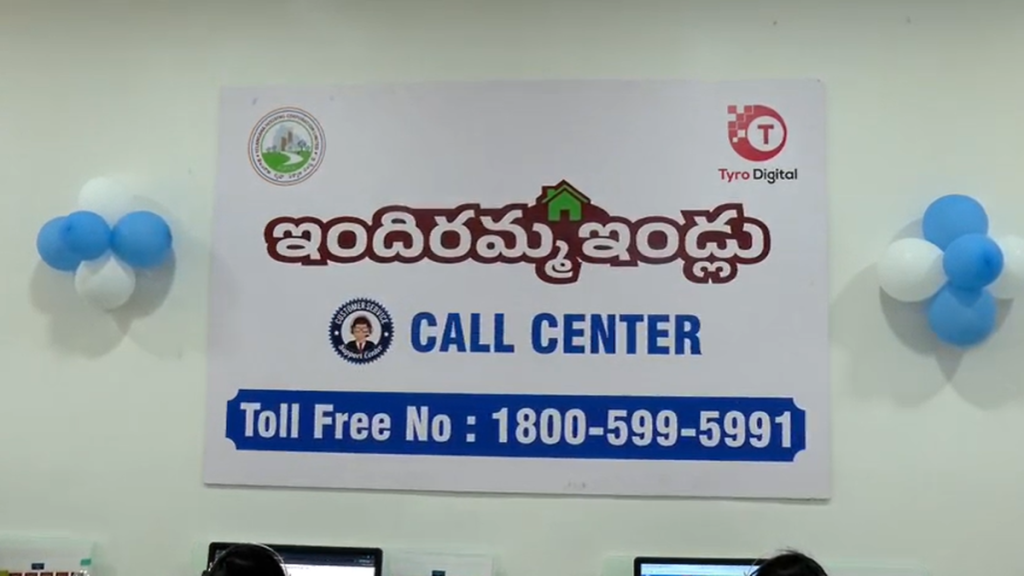Now Reading: Overcoming Imposter Syndrome: 4 Practical Strategies
-
01
Overcoming Imposter Syndrome: 4 Practical Strategies
Overcoming Imposter Syndrome: 4 Practical Strategies

Quick Summary
- Prevalence of Imposter Syndrome: Nearly 70% of high-achieving adults experience imposter syndrome, according to the Harvard Business Review. It involves persistent self-doubt and feeling like a fraud despite evidence to the contrary (Journal of General Internal Medicine).
- Webinar Hosted by IEEE Women in Engineering: Leadership coach Kim Meninger shared tips on overcoming imposter syndrome during the “Conquer Impostor Syndrome to Advance Your Career” webinar.
- recommendations for Managing Imposter Syndrome:
– Analyze fears systematically and create action plans.
– Use calming techniques such as breathing exercises, drinking water during presentations, speaking slowly.
- Adopting a Growth Mindset:
– Focus on developing skills through learning rather than labeling traits as fixed.
– Apply strategies like adding “yet” when assessing shortcomings (e.g., “I’m not good at presenting yet”) and intentionally starting new activities outside work.
- Celebrating Successes:
– Shift focus from failures to achievements; consider keeping an accomplishment journal for reflection or performance evaluations.
- Leveraging Resources:
– Build relationships with colleagues whose expertise complements your own. If invited to a meeting, clarify expectations with organizers beforehand to reduce anxiety.
Indian Opinion Analysis
Imposter syndrome is a growing challenge faced by professionals globally, India included-a phenomenon linked closely with societal attitudes toward success and failure. In cultures emphasizing humility or discouraging outward acknowledgment of personal accomplishments within professional settings, such issues may be further compounded. The practical strategies shared through forums like IEEE’s webinar help address internal anxieties logically while promoting collaboration over individualism in workplaces-an approach particularly valuable in India’s increasingly team-centric corporate culture.
The emphasis on cultivating growth mindsets also resonates strongly as India transitions into becoming an innovation-driven economy where adaptability and skill advancement could have far-reaching implications for individual success stories across fields ranging from IT sectors to entrepreneurship. Culturally receptive practices that highlight both celebrating achievements without guilt or hesitation while fostering collective workplace approaches might offer long-term solutions aligned with India’s current socio-economic shifts.



























